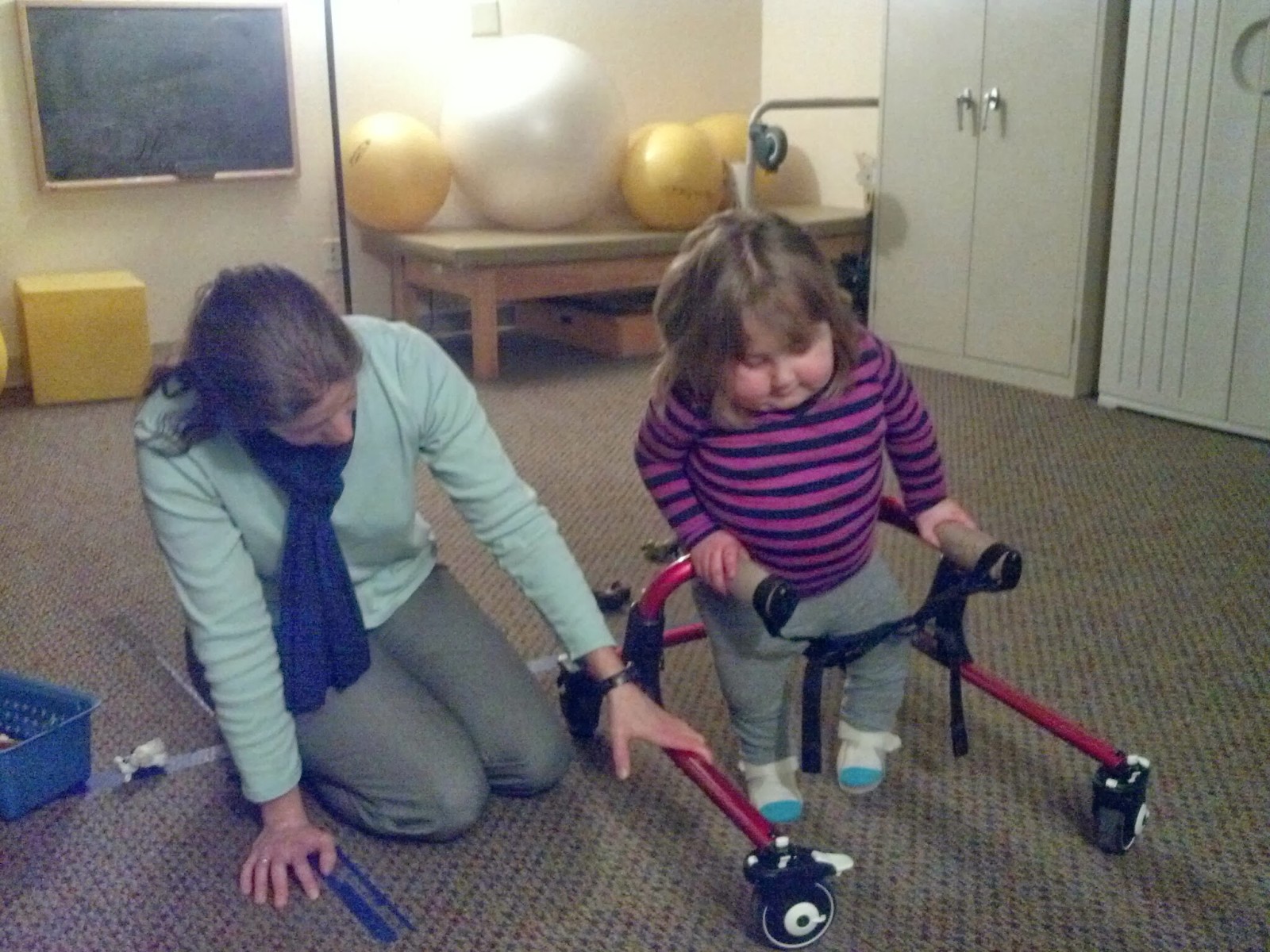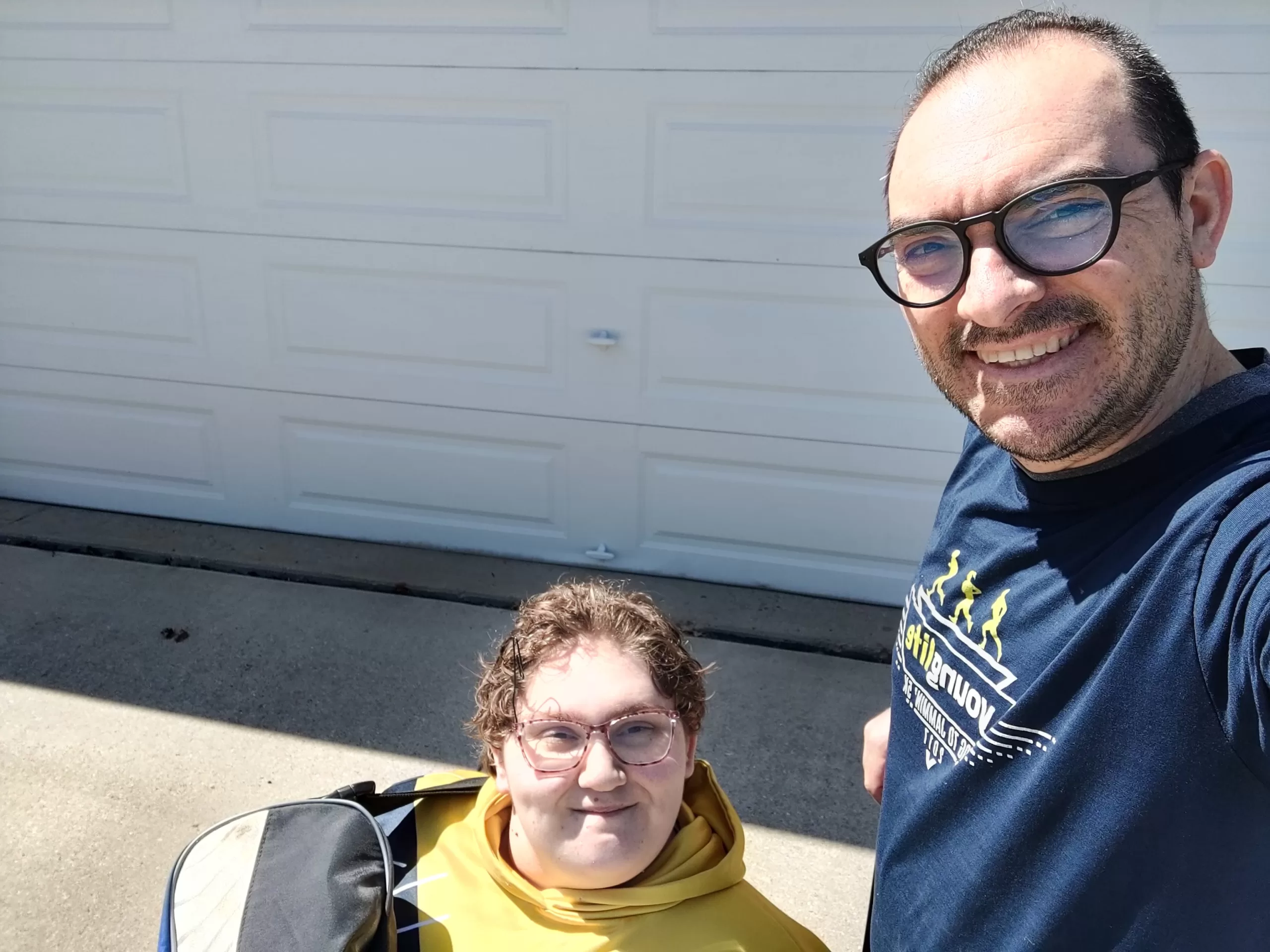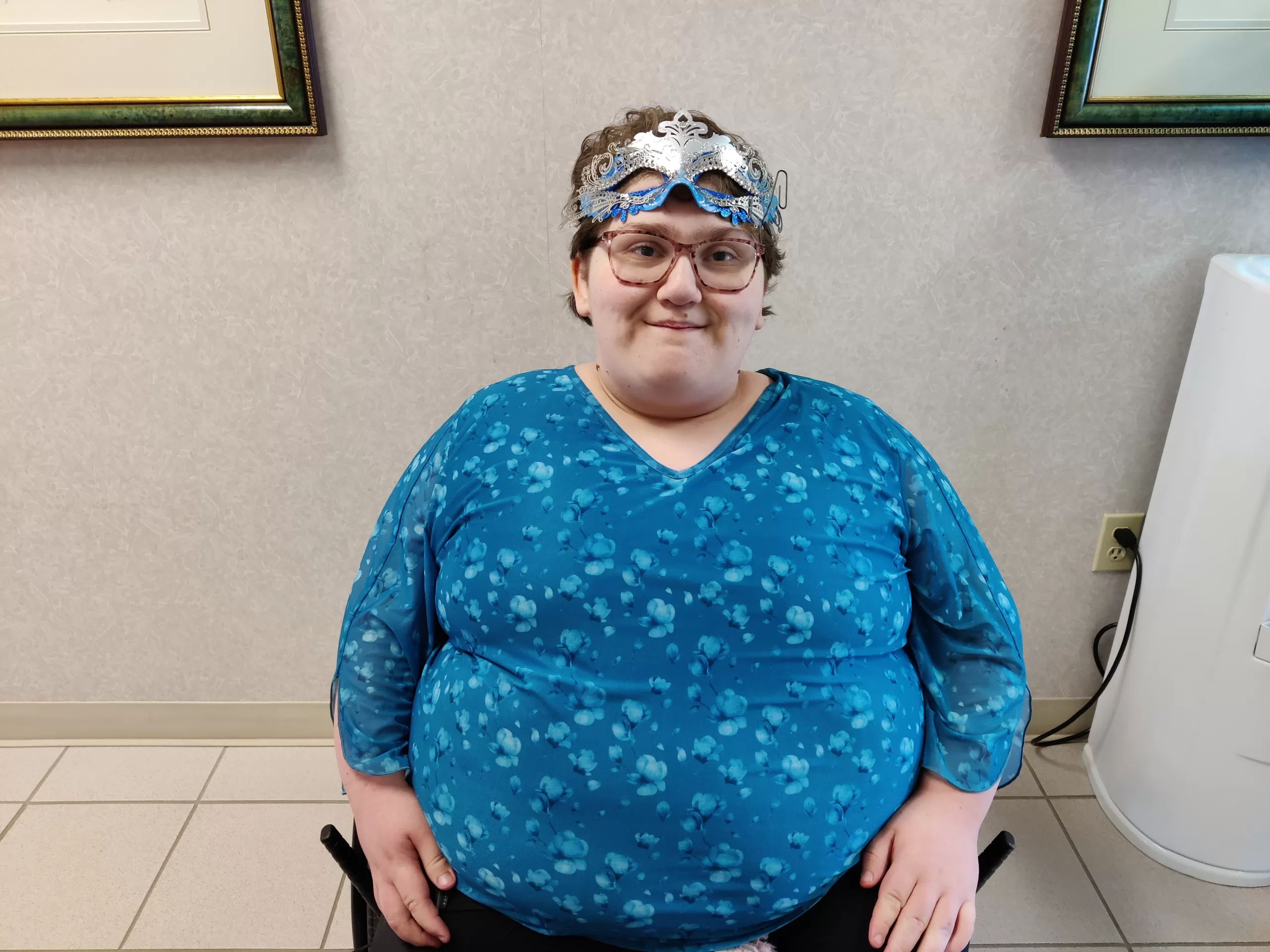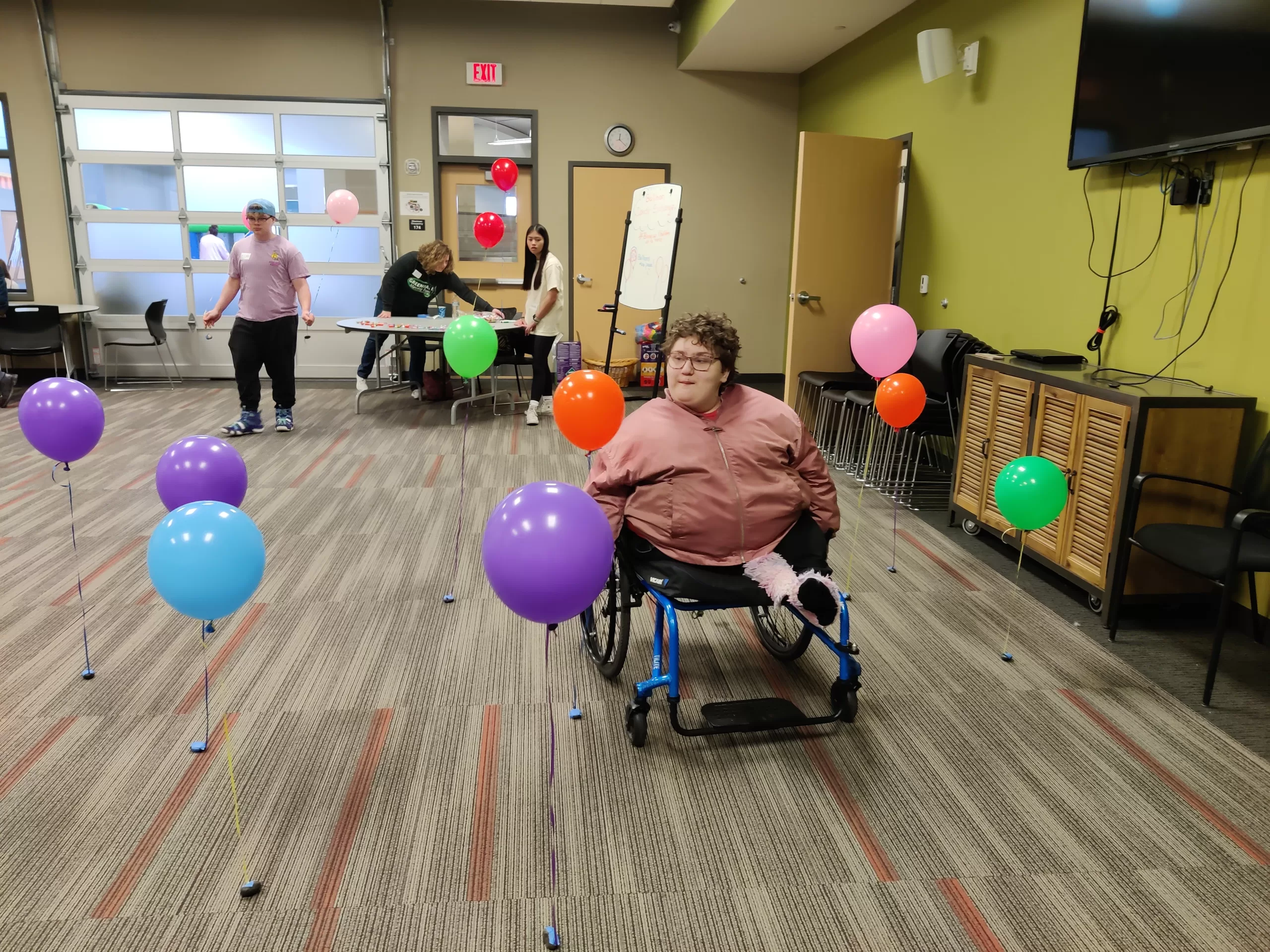Who should speak for the disability community?
Sometimes I think I don’t give enough conscious thought to advocacy – or to be more precise, self-advocacy. Namine is, after all, only five. But she’s growing up fast (too fast for this parent, that’s for sure), and she must be able to speak about herself on her own terms.
Jessica and I are Namine’s first and strongest advocates. But our hope is that we will not always be her strongest – that she will be her own strongest advocate, in time. We involve her as much as we can, inasmuch as she understands what she needs.
Namine has had to have foot surgery twice so far. The first time she was too young to have any say, but we believed in giving her the chance to walk. We didn’t know whether or not she would be able to, but the benefit outweighed the risk, we thought. As much as we could, we asked her input. She knew what it meant to have surgery – the recovery time, the casts, the pain – but she wanted it done, she was even excited to have it done. That desire and determination are what drive her every day in physical therapy, and I’m glad we involve her instead of just deciding for her. (Of course, as her parents we must decide many things for her; but we never keep her in the dark about anything if we can help it.)
Namine doesn’t know the names for all the things doctors have labeled her, of course. She doesn’t know what caudal regression is, but she knows she needs the gait trainer to walk, and she knows her wheelchair helps her get around easier. She doesn’t know what a double-inlet left ventricle heart defect is, but she knows her heart needed surgery, and she knows her medicine keeps it healthy – and she knows the names of all her medication. She doesn’t know what Pierre Robin sequence is, but she knows why she goes to speech therapy, and why she got the palatal prosthesis (even if her speech therapist doesn’t make her wear it anymore).
This is definitely a good start to teaching her to be her own best advocate.




Leave a Reply